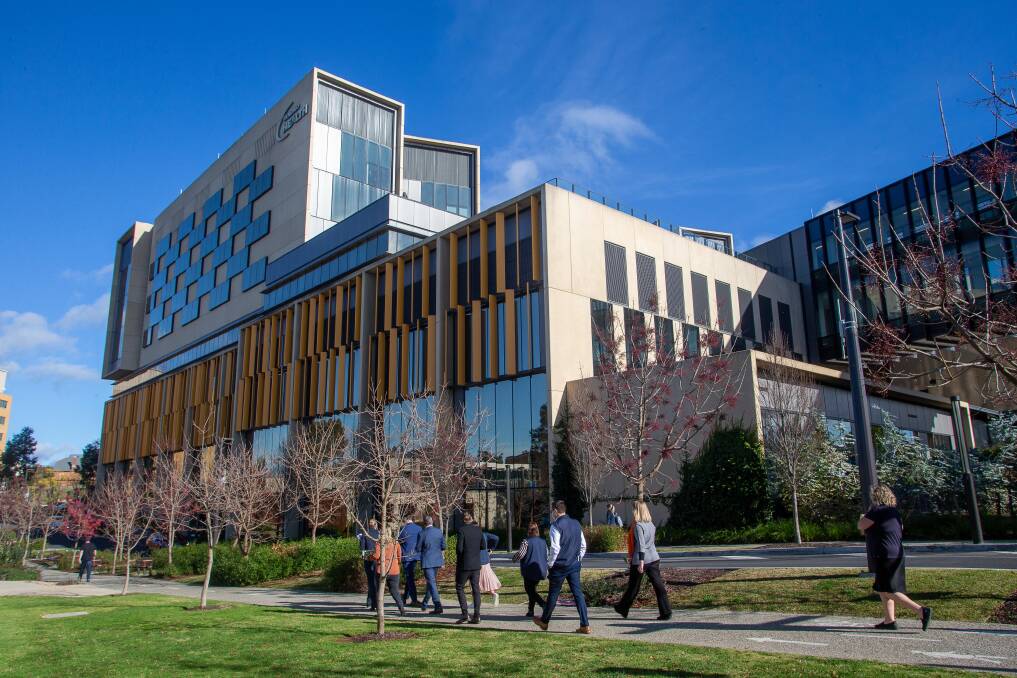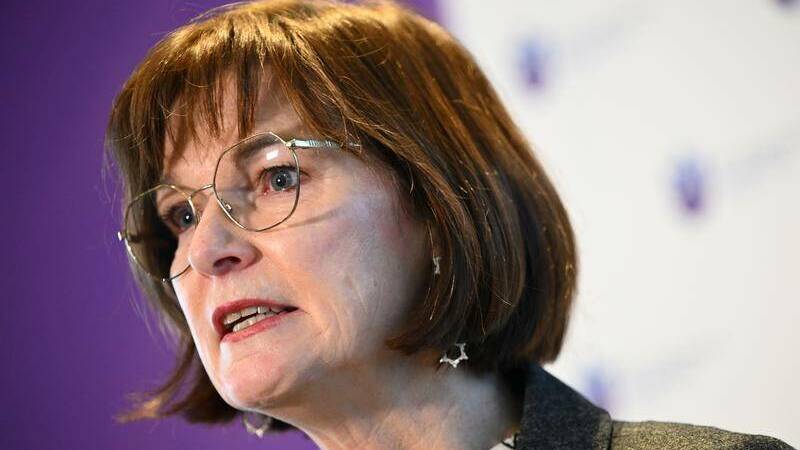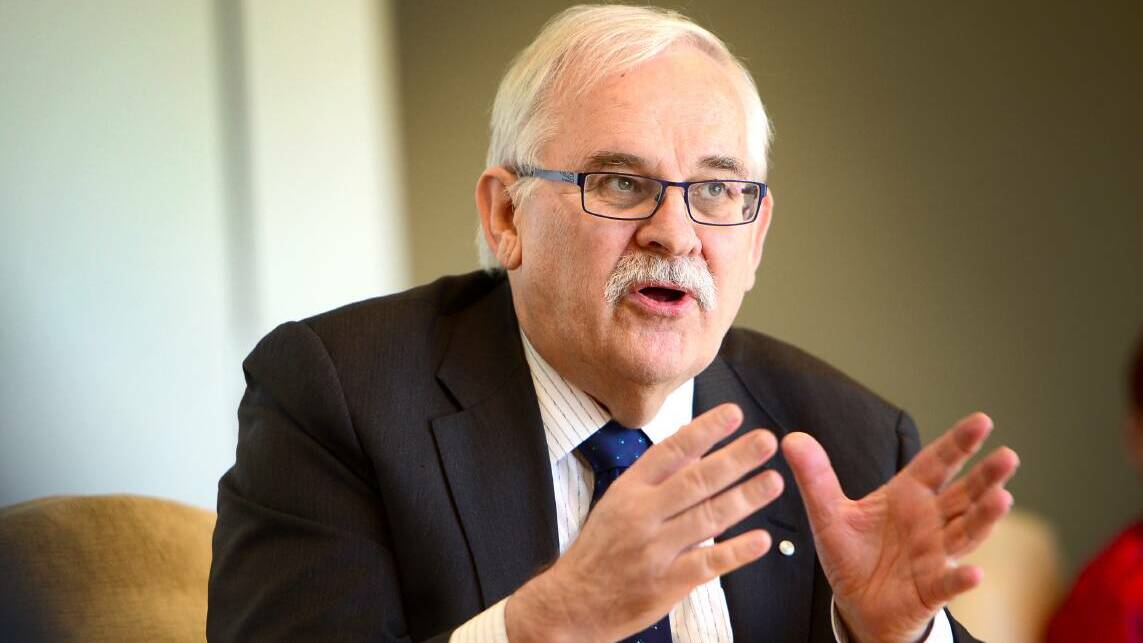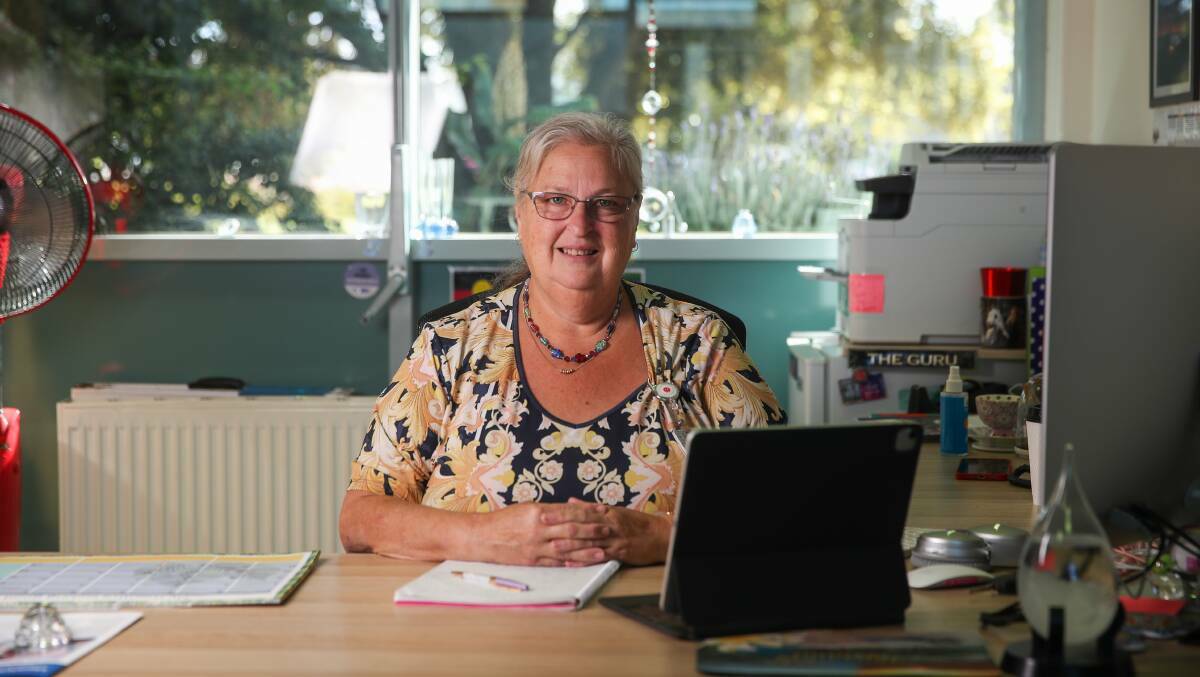
Victoria's regional health services are bracing for forced amalgamations across the state hospital system as the opposition and current and former hospital CEOs criticise a lack of consultation and transparency.
An independent expert advisory committee is in the final stages of a Health Services Plan to radically reform the system. Sources who have seen the draft plan said it contained "sweeping" changes to the way Victoria's hospitals were administered.
Many within the regional hospital system said the changes would rip control of health services away from local communities, leading to a loss of local access and jobs.
It comes as health economist Dr Stephen Duckett releases a critical review of the merger that created Grampians Health in western Victoria, which many have seen as a prototype for the statewide amalgamations.
Government sources were tight-lipped on the details of the planned mergers, but hospital CEOs told ACM they were preparing for the state's 76 health services to reduce to 12, with six in Melbourne and six in regional areas.
Several services had asked the advisory panel for more time to make their case against being absorbed by a larger organisation, delaying delivery of the final report.
But while a government spokesperson insisted "no decisions have been made", some hospital executives said they were already planning for their roles to become redundant.
Health Minister Mary-Anne Thomas said the review was essential as the Victorian health system continued to grapple with the effects of the COVID-19 pandemic.
"It is important we look at how the system is organised to ensure we are delivering the very best health care, closer to home, for Victorian patients wherever they live," Ms Thomas said.
Creating an 'optimal' system
The expert advisory committee had been looking at a "strengthened partnerships" option for the hospital system, as well as the full amalgamation scenario.
But Victorian Healthcare Association policy and advocacy manager Belinda Bravo said the partnerships option offered no real change and could make the state's tangled system even more complicated.
Under the scenario where Victoria's 76 health services merge to become just 12, regional Victoria would be divided into six sub-regions.
Grampians Health has already created a single catchment stretching from Ballarat to Horsham and beyond. Bendigo Health would lead a Loddon Mallee region extending north-west all the way to Mildura, while Gippsland would fuse into a single entity.

The biggest questions remain over the Hume and Barwon South West regions.
Albury Wodonga Health's (AWH) principal campus is in NSW, but the hospital is run by the Victorian Health Department. ACM understands AWH staff were extremely displeased at a proposed Hume sub-region where Shepparton's Goulburn Valley Health was the principal service.
In south-west Victoria several of the health services have strongly resisted the suggestion Geelong's Barwon Health should lead a catchment extending right to the South Australian border. Local health executives said Barwon Health - which is similar in size to Melbourne's biggest hospitals - was too big and too close to Melbourne to understand and respond to local needs.
'Veil of secrecy' shrouding process
Former board chair of the Timboon and District Health Service in south-west Victoria, John Vogels, said he was profoundly concerned about the amalgamations.
"It has come to [my] attention that the Victorian government has apparently decided to undertake a forced amalgamation and merger of local regional health services, leading to the sharing of services, without proper consultation with key stakeholders," Mr Vogels said
"Of grave concern is the lack of transparency surrounding this decision. [I] understand that all current rural and regional health services board members have been compelled to sign a confidential disclosure form, preventing them from sharing any information with their local communities whom they represent."
Mr Vogels - a former mayor and state MP - said the "veil of secrecy" deprived the community of a voice in the amalgamation process, "which will undoubtedly result in funds being diverted from smaller hospitals, leading to the loss or reduction of local services and jobs".
He said the cloak and dagger suggested the mergers would "come at a significant cost to the community".
ACM asked what the Health Minister could say to reassure regional communities they would have input in the amalgamation process.
The government said any merger process would have to include community consultation "as a legislative requirement".
Ms Bravo said any reform process would require substantial investment to ensure communities didn't lose out, especially with the hospital system racking up record deficits in 2023-24.
"We're concerned that the Victorian Government is pursuing a significant reform to the structure and governance of Victoria's health system with next to no investment in the system," she said.
"It's essential that the Victorian Government takes responsibility for what this substantial reform involves and provide ongoing support to health services throughout the change management process."
Grampians merger 'like building a plane whilst flying it'
The fusion of hospitals in Ballarat, Stawell, Horsham, Edenhope and Dimboola in 2021 to create Grampians Health offers a potential template for how the rest of the state's health services will be merged.
But in a review co-written with Grampians Health executives Rob Grenfell and Sharon Sykes, Stephen Duckett said the process itself was a disaster.

"Although there was a reasonable lead up time for consultation before the decision to amalgamate, there were only a few days between the government decision to amalgamate and the go-live date giving inadequate time for a structured approach to planning the first months and almost no time to engage with either staff or communities," the report said.
The review was based on interviews with "key stakeholders" from across Grampians Health, conducted by Ms Sykes, who is the health service's director of services planning and improvement.
"Many negative themes were based on perception of negative cultural and poor communication experiences with some voicing the impact of the larger facility in Ballarat being a dominant player as having a strong negative impact," the report said.
It said far too little effort was put into creating integrated systems to ensure the merged service could work smoothly
"Several staff commented that they felt they had been 'building the plane whilst flying it'," the report said.
"Inadequate time and funding were viewed as contributing to these issues."
The report said communication and engagement with the local communities was "good initially" but "fell away over time". It also said the impact of the changes to local staff and the community hadn't been discussed openly.
'Be prepared to duck' if you mention Grampians Health
The Duckett review was more positive about the Grampians Health amalgamation generally, especially its effect on clinical care.
"Some inclusions of note were the delivery of child dental services in areas where it had not been accessible for three years, improved medical oversight in smaller sites, expansion of at home services and delivery of chemotherapy services at smaller sites," it said.
"The amalgamation was also viewed as having had a positive impact on workforce mobility and professional development... including staff swaps between the intensive cares and operating theatres, improved recruitment... and working towards staff housing solutions.
But one regional health service CEO was more sceptical.
"The jury remains well and truly out on the Grampians Health experiment," the CEO said.
"Just mention the name down the street in Horsham, Stawell or Edenhope and be prepared to duck.
"The almost complete turnover of key management staff in the two years since amalgamation is telling."
The CEO said it was a mistake to have a senior Grampians Health executive collecting the responses.
"No one is going to say anything too negative to her. It really needs an independent review," they said.
'Make mergers an election issue'
Former Portland District Health CEO Christine Giles argued even the apparently positive outcomes from the Grampians Health amalgamation were questionable.
"What have they actually done? They said that it's been highly successful, because they've got an increase in cancer service up at Horsham, that's something that always used to be there. So why did it disappear?" Ms Giles said.
"So that's just a reinstatement of something that was already there and somehow they lost. They've put in one GP at Stawell. Oh wow, that's great, and they've done one antenatal clinic at Horsham and they're $60 million in the red.

"They used to be $20 million in the red those entities combined, so they've tripled the deficit and they have managed to put in maybe $250,000 worth of extra services, and then they're underperforming on all their targets anyway."
Ms Giles said the amalgamation review should have included community views.
"I can tell you now the people I talk to you up there who are living in that community are not happy."
She said broader amalgamations would not bring service improvements and would not help regional patients get the care they needed and deserved.
"I would call on making this an election issue, and I would like to see the opposition party guarantee that they will reverse any regionalisation attempts," she said.
Opposition health spokewoman Georgie Crozier said the Coalition was totally opposed to the amalgamations.
"This plan is a direct result of the waste and financial mismanagement of this government," Ms Crozier said.
"It will end up in the loss of local services, the loss of local jobs and the loss of a local voice for people in regional Victoria."


